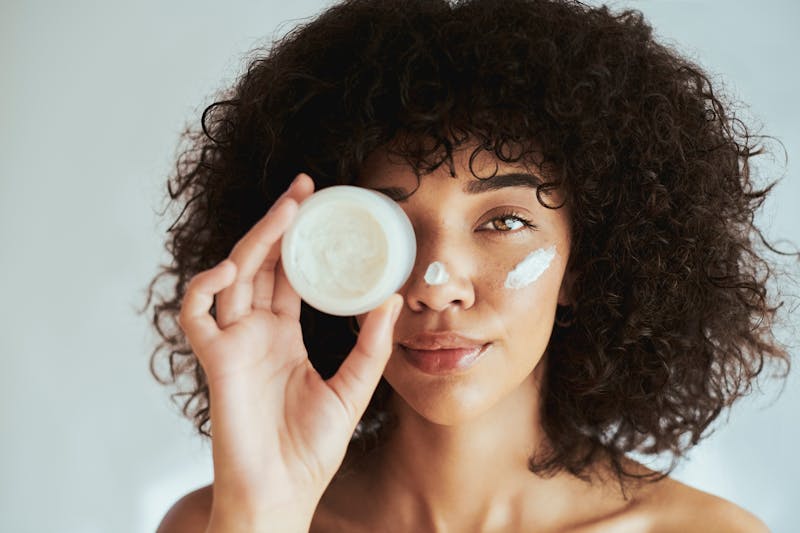
Skincare is probably more confusing now than it’s ever been. Celebrity lines don’t make it any easier.
Sunscreen Causes Cancer
The fact that this is still up for debate is shocking. Sunscreens protect our skin, the largest organ on our body, from damaging UV rays which are known to contribute to skin cancer, accelerating aging, and discoloration. The science is overwhelmingly clear: UV rays are damaging to the skin. Where did this myth arise, you ask? The use of certain sunscreens has been shown to be absorbed into the skin (think: chemical sunscreens), however, there has been no data showing that this level is toxic or causes cancer.
Bottom line: Chemicals scare people, but remember, everything is a chemical and your decision should be a balance between risk and benefit. We know the sun will destroy your skin.
Moisturizing Makes Your Skin Lazy
Your body is mostly water and the skin is really no exception. The challenge with having an organ with a ton of surface area is that it loses water quite easily.
Moisturizers are a mix of humectants that attract water (think hyaluronic acid), occlusives to trap water and prevent more loss (think petrolatum and emollients to replenish the skin with ingredients (ceramides, squalene).
Retinoids Thin Your Skin
This one is only half true but mostly false. Retinoids, especially tretinoin, have been shown in numerous studies to thicken the dermis, the deeper skin layer. However, it can thin the epidermis by default allowing your top layer to shed. Think of this as helping your skin lose the dead skin which is continually replaced and thickening the deeper layers.
Exfoliating Daily is Necessary
Your skin naturally exfoliates but this slows down for several reasons, mostly due to age. Exfoliation with chemical exfoliants like glycolic, lactic, mandelic, etc. can help with hyperpigmentation and fine lines by helping accelerate the exfoliation process and revealing healthier-looking skin. It also helps improve the penetration of the products you use. Mechanical exfoliators, like Apricot scrub (hint: NO), work by manually removing dead skin cells by scrubbing them away. So what should you use and when?
Most experts agree: using chemical exfoliants that gently break the bonds holding the top layer of skin cells together is the way to go, 1-2x/week depending on how you’re using the exfoliant (exfoliating cleanser, toner, pads, or leave-on). Large particle mechanical exfoliators tend to create microtears in the skin that put you at risk for irritation and are not generally worth the risk.
You need a 10-step routine
Most of us can keep it simple, especially if we aren’t treating anything in particular like acne, hyperpigmentation, or rosacea. The vast majority of people need just 3 things: clean, hydrated, and protected skin. This means a cleanser, moisturizer, and sunscreen. To complete the routine, this also means a vitamin C serum (10-15%) in the morning and a retinoid at night will take your routine to the next level. Exfoliation, hyaluronic acid, niacinamide, toners, essences, and other products provide additional benefits but are generally not necessary for most people.


